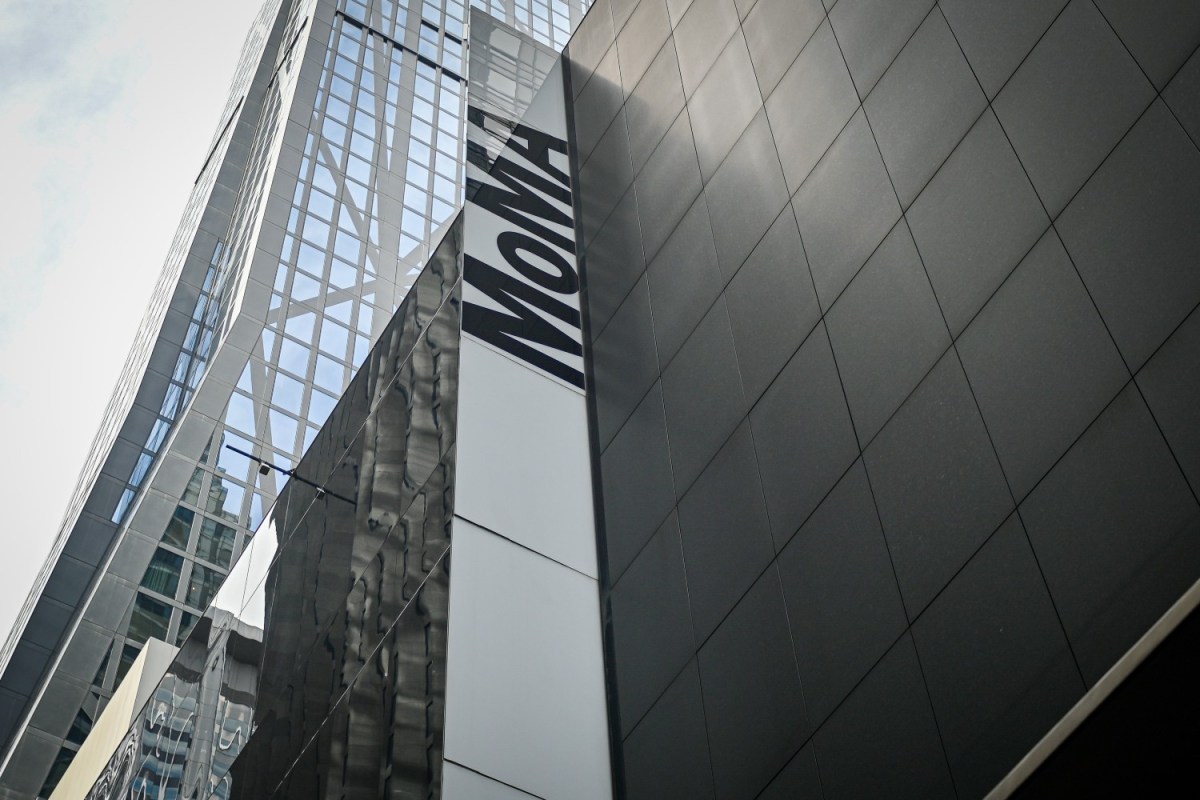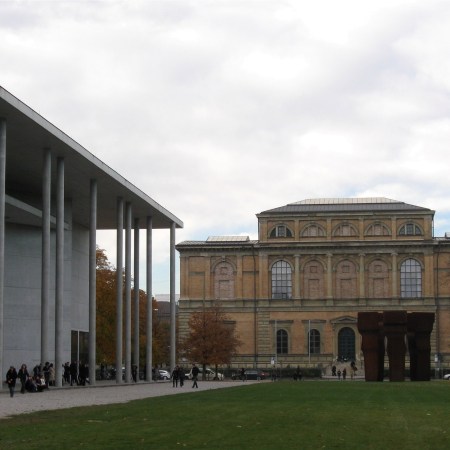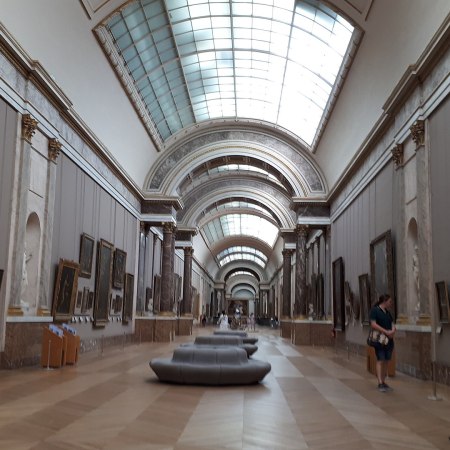One of the ongoing concerns facing art museums in the 21st century is simple: were the objects in their collections obtained fairly and ethically? This can take many forms, from the legacies of colonialism to the numerous effects that the rise of fascism had on art in mid-20th century Europe. In some cases, the Nazis seized works of art outright; in others, Jewish families leaving Europe were pressured into selling notable pieces of art, often for far less than their market value.
Several recent efforts have sought to address this, including museums in New York labeling art that was looted by the Nazis and a rise in art being returned to the families that were forced to part ways with it. And now, some of the highest-profile museums in the United States have taken a big step in the latter category, returning a host of Egon Schiele drawings to the heirs of Fritz Grünbaum.
Grünbaum was an Austrian cabaret performer with a notable collection of art; because he was Jewish, he was targeted by the Nazis, and eventually died in the Dachau concentration camp. As Hyperallergic’s Rhea Nayyar reports, seven works by Egon Schiele that were previously held in the collection of the Museum of Modern Art, the Morgan Library and other cultural spaces are being returned to Grünbaum’s descendants.
Taken together, the drawings are worth just under $10 million.
Police in the UK Can’t Search the Queen’s Estates for Looted Artwork
A 2017 law has a significant exemptionThe Manhattan District Attorney’s office announced the artworks’ return on September 20. “Fritz Grünbaum was a man of incredible depth and spirit, and his memory lives on through the artworks that are finally being returned to his relatives,” said District Attorney Alvin Bragg in a statement. “I hope this moment can serve as a reminder that despite the horrific death and destruction caused by the Nazis, it is never too late to recover some of what we lost, honor the victims, and reflect on how their families are still impacted to this day.”
Thanks for reading InsideHook. Sign up for our daily newsletter and be in the know.


















